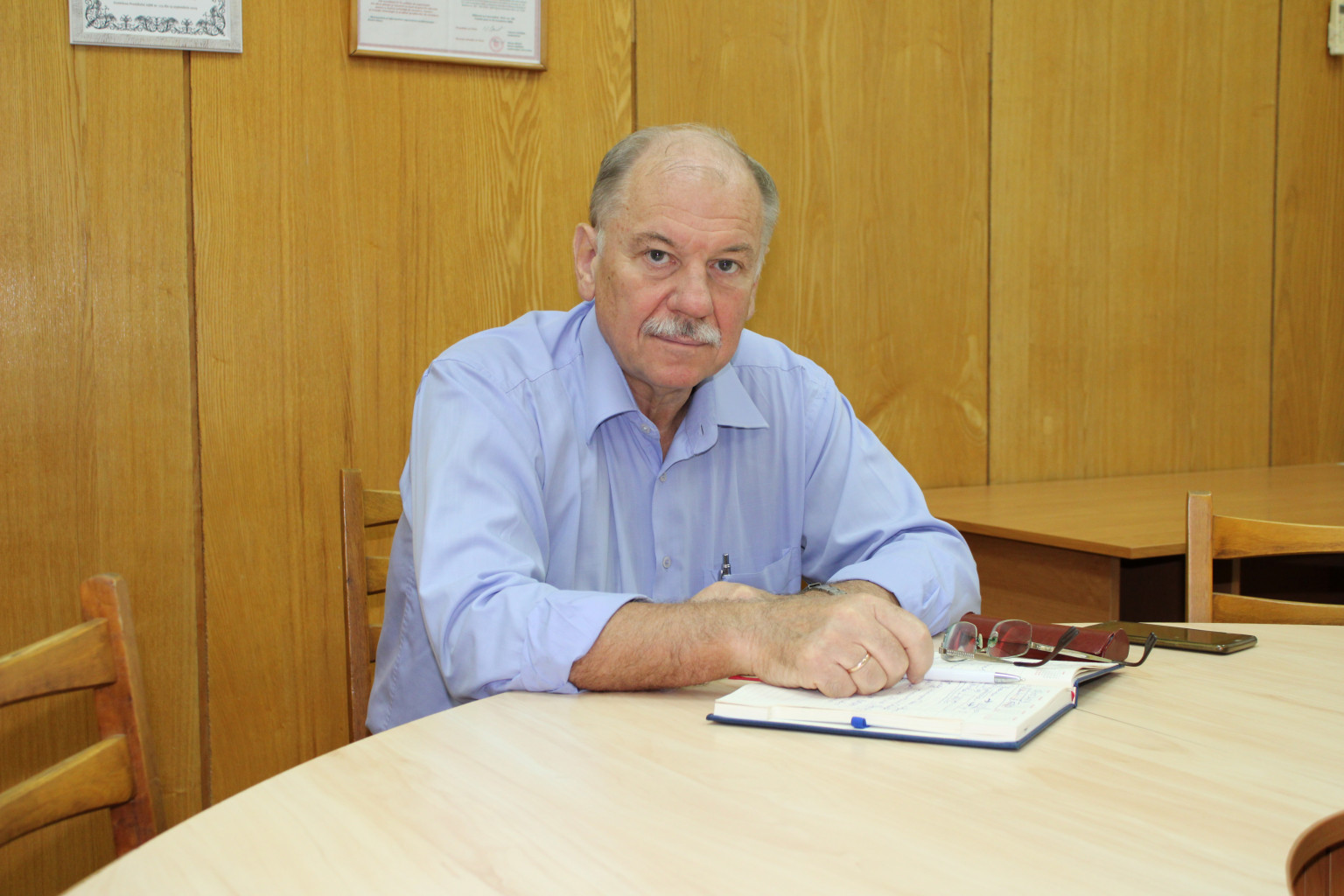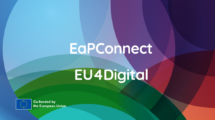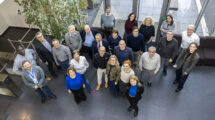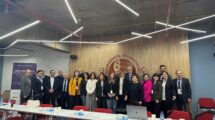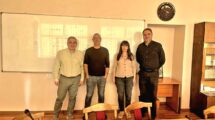Words: Laura Durnford, GÉANT
Peter Bogatencov is Chair of the Management Board at RENAM, the Research and Educational Networking Association of Moldova. Since co-founding RENAM in 1999, Peter has seen the NREN’s relationship with its users develop and grow. Most recently, RENAM has become active in research engagement through the GN4-3 project team, the GÉANT task force TF-RED, and in the EaPConnect project.
So, when and why did RENAM first decide to invest more in its relationships with user communities?
We started organising annual users’ conferences as soon as the RENAM network was operational and connectivity with GÉANT was established, in 2003. At this stage, we formed working relationships with IT staff and departments at universities and research institutes. In 2007, RENAM initiated activities to create the Moldovan national distributed computing infrastructure, which united six national institutions, their computing resources and associated services and made them available for all interested organisations and research teams from Moldova. In 2009, RENAM received ‘Special Partner’ status in the GN3 project and signed a Cooperation Agreement with GÉANT, giving access to project documents, community groups, training courses and materials. This allowed RENAM and connected institutions’ staff to attend events, participate in task forces and special interest groups, invite qualified GÉANT community trainers to Moldova, and to participate in other activities.
What has been the most successful way for RENAM to approach new user communities?
The annual users’ conferences have been very useful for forming our user community. We could directly approach users to ask for feedback, what they want from us, or how they see the NREN’s development. In 2012, RENAM began organising thematic seminars to promote our services and we regularly disseminate information about them and opportunities, such as calls for proposals, for researchers, including ‘Enlighten Your Research’ proposal calls through the EaPConnect project. And the RENAM user engagement team follows up on cases of interest, discussing one-to-one with researchers or educators to clarify their needs.
In 2018 RENAM hosted EaPEC, the EaPConnect project’s conference. What benefits did that bring?
EaPEC 2018 was very useful for RENAM. It allowed us to establish closer relations with the Ministry of Education, Culture and Research, and several R&E and medical institutions expressed interest in cooperating with us. One new contract was signed during the event and two other institutions initiated negotiations, then successfully connected in 2019-2020. Afterwards, individual researchers and teams contacted us about accessing services or specific computing and other resources needed for their research.
How does participation in EaPConnect, GN4-3, NI4OS-Europe and other international projects help your user communities and your relationships with them?
Participation in international projects is essential for our NREN and our community. For RENAM staff it’s important to have access to new technologies, services and best practices. This creates new opportunities for resources, services and technologies to become available nationally.
The mentioned projects have another dimension – they promote international cooperation that is very important for modern research and for creating an educational environment without borders. And e-infrastructures and related applications have practical added value that contributes to societal development as a whole.
What are the current challenges for RENAM?
Economic instability, e.g. due to COVID-19, creates real challenges for the whole National Research, Education and Innovation sector. This directly and/or indirectly influences the NREN’s general wellbeing and activities. The pandemic break has negatively influenced our relations with users. In these conditions we don’t expect increased requests for services adaptation, new services implementation, or additional resource allocation from our user community, but we continue informing users about our services and supporting them in online conferencing as much as possible.
What are RENAM’s ambitions for the coming 5-10 years?
Taking into account that we recently achieved significant results in upgrading our connectivity to GÉANT, the next steps must comprise developments in the area of new e-infrastructures and deployment of services that need extended basic connectivity. This can be related to integrating national computing infrastructure with European High Throughput Computing resources, developing multimedia services and tools for educational content delivery and interactive education, promoting participation of national research teams in large European research projects like ESFRI projects, or implementing platforms and tools to support Open Science that will allow inter-relation with EOSC and contribute to EOSC development.
What do you see on the horizon for RENAM and the NREN community?
We are sure that collaboration between Moldovan research and educational institutions and colleagues from Europe and other countries will develop, and that there will be increasing demand for e-infrastructures that support international cooperation and are needed to realise international projects.
Working with colleagues from GÉANT and partner NRENs contributed to raising awareness among RENAM’s users about the role of NRENs, the NREN ecosystem, and available services and perspectives of GÉANT. I consider that the support provided by GÉANT and international colleagues is very important for achieving real success of NRENs at a national level.
For further information please visit:
This article is featured on CONNECT38! Read or download the full magazine here
